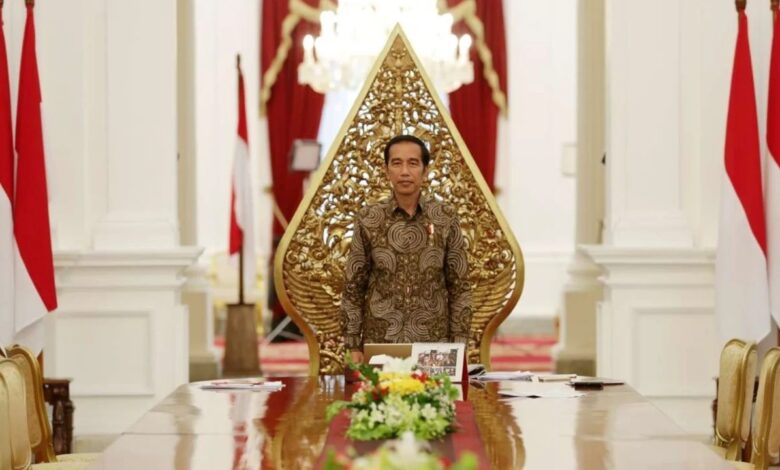A new power may be emerging in Asia

| Indonesia is one of those countries that has often been overlooked, but is emerging geopolitically. |
International affairs are not moving towards a bipolar world, where two superpowers create competing regimes and force all other countries to take sides, but rather towards a multipolar world, where there are many great powers, all with They compete with each other.
According to Rashatudi, multipolarity is preceded by unipolar disintegration, whereby one hegemonic power finds itself increasingly in decline amid the rise of other powers. Therefore, China is not the only emerging power to reshape the global environment, even if it is the largest at this time; And that’s why it’s unlikely that Beijing will ever be a hegemon in the same sense that America was, because you have to consider other emerging powers like India and Russia and others.
However, one country that is often overlooked, but is emerging geopolitically, is Indonesia. This huge, diverse and multi-ethnic archipelago is home to 273 million people and is the fourth most populous country in the world. The country is also one of the fastest growing economies in Southeast Asia, with GDP exceeding $1 trillion in recent years and increasing at a steady rate over time. This makes it one of the most important economies and emerging markets in the world.
Indonesia’s increasing prominence has made this island nation exposed to a geopolitical conflict between China and the United States. Spread over thousands of islands, the country’s geostrategic location is crucial as it occupies the essential passage between the Pacific and Indian Oceans, the Straits of Malacca, and forms an effective bridge between Asia and the Pacific as well as the South China Sea. As a result, the West sees this country as essential in its efforts to contain China, while Beijing, on the other hand, sees partnership with Indonesia as equally important.
But when it comes to geopolitics, Indonesia is the archetype of a non-aligned country, as well as an important voice of the global South, hence the famous Bandung Conference of African and Asian countries in 1955 was held on its territory. Neutrality and because Indonesia is a Muslim nation, it is not pro-West, but it is also not pro-China. Instead, foreign policy pursues the “best of both worlds,” which seeks to simultaneously attract both parties to gain benefits. As the largest economic market, Jakarta cannot ignore Beijing, so it makes conscious choices to align with Beijing in terms of trade, technology (such as Huawei) and others.
On the other hand, Indonesia naturally does not want to be militarily dominated by China and therefore seeks other partners to strengthen its autonomy to ensure that it does not become a “sub-party”, and is therefore a strategic partner of China and the US; Therefore, Indonesia is neither pro-China nor pro-American, it is pro-Indonesia and will use this to become a central power in the future.
However, this also inevitably marks the end of Western dominance on a global scale. With the rise of new economies like Indonesia with their huge populations, the “old powers” like Britain and France are becoming increasingly smaller and less relevant. It’s one thing to look at the growth of China’s economy, but what happens when other economies like India, Indonesia, Bangladesh, Nigeria and others become bigger thanks to larger populations and markets than Western economies? There is an undeniable shift in the balance of power here, and this of course means that American dominance cannot last forever, thus ending the Euro-Atlantic dominance of world affairs that has lasted for four hundred years. This is precisely why America is now focused on what it describes as the “Indo-Pacific”.
| © | Young Journalist Club |


